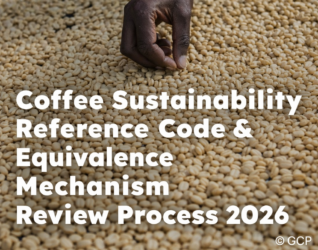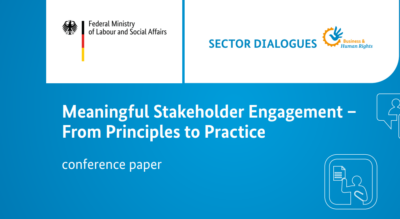Founded in 2015, the Forum for Sustainable Palm Oil (FONAP) aims to drive social, environmental and economic improvements along the entire palm oil supply chain. Today, the forum includes 52 representatives from industry, NGOs, associations, the German Federal Ministry of Food and Agriculture (BMEL) and the German Federal Ministry for Economic Cooperation and Development (BMZ).
FONAP members have committed to three primary goals which are declared in a voluntary commitment. These goals consist of, firstly, using 100 percent sustainably certified palm oil, palm kernel oil, fractions and derivatives in accordance with the Roundtable on Sustainable Palm Oil (RSPO). Secondly, the members aim to increase the traceability of products and, thirdly, to carry out detailed annual reporting on target achievement. If these target agreements are not met, FONAP can demand compensation payments from its members.
The progress report for 2023 indicates that this voluntary committment is effective. Last year, the members of FONAP sourced 99.1% sustainably certified palm oil. In total, only 2,418 tons of non-certified palm oil and palm kernel oil were used and offset by members with certificates. However, tracing the supply chain remains a challenge. Only around half of the members could partly or fully trace their supply chain back to the plantation level. In particular, the route between plantation and mill remains challenging for many, which is why members have agreed on action plans with suppliers to create greater transparency in the supply chain.
Since 2022, FONAP has also introduced additional criteria. These go beyond certification and require members to include small producers in their supply chains, promote biodiversity and comply with human rights due diligence obligations. The first report since the adoption of these additional criteria presents a rather mixed picture: smaller members, in particular, have difficulties implementing human rights and environmental due diligence obligations on the ground. Therefore, these members need further support in the future through closer cooperation within the MSP. This underlines the importance of MSPs as platforms for learning and dialog between members to learn from each other and tackle complex challenges. As the progress report sums it up aptly: “Sustainability is not an end point, but a continuous improvement process that all FONAP members will continue with great commitment.”
You can find further information on the progress report and FONAP here.



